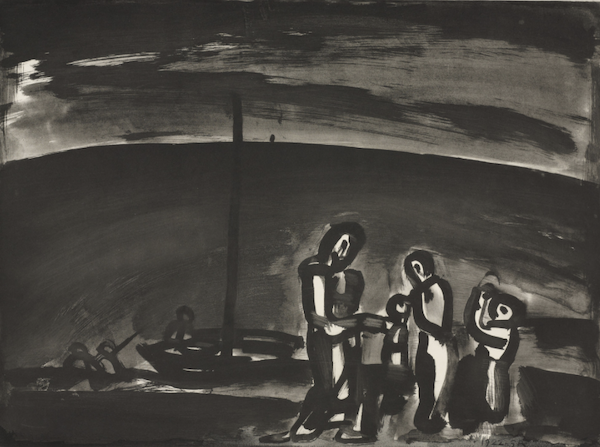
In the book Sacred Companions author David Benner notes that "Spiritual direction, the jewel in the crown of soul-care relationships, has been an important part of formal relationships of Christian nurture since the earliest days of the church". Spiritual direction may indeed be considered the most primitive form of pastoral relationship as it flows from the most fundamental aspect of spiritual growth - a focus on one’s direct experience of God. Ultimately it is only ever in cultivating this most sacred and intimate of relationships with the Holy Trinity through direct personal interaction within the context of of Christian community and under the authority of Scripture that we are spiritually transformed into the image of Jesus Christ. This is the focus of spiritual direction.
Spiritual direction is a prayer process in which a person seeking help in cultivating a deeper personal relationship with God meets with another for prayer and conversation that is focused on increasing awareness of God in the midst of life experiences and facilitating surrender to God’s will. Ultimately the Holy Spirit is the true director and guide. Any authority for direction is ultimately vested soley in the Holy Spirit. The spiritual director is directive in the relationship, but that direction is nearly always in the form of directing attention to God's activity.
Spiritual direction is not a teaching relationship. It is more focused on the directee’s locus of attention and experience than on knowledge and instruction, although some degree of instruction is possible within the director/directee relationship. Nor is spiritual direction a form of mentorship or coaching. It is more focused companioning and listening than on advice, expertise, and accountability.
Likewise, spiritual direction is not counseling or therapy. Author Susan Phillips in her book Candlelight notes that "Unlike much psychotherapy, which regards the therapeutic relationship itself as the fertile soil of personal growth, spiritual direction views the relationship as situated within the larger framework of God's gracious presence" and within the larger narrative of God’s redemptive work in history. Spiritual direction can indeed be comforting and therapeutic, but that is because the love of God and His presence is therapeutic and transformative. Spiritual direction is not authoritarian or hierarchical and it does not take the forum of a guru and a devotee. Rather, it is two friends, on equal footing before God, under His direction and leadership that form this type of relationship.
After reading about the discipline of spiritual direction you can probably imagine that it takes a person of a certain temperament and spiritual maturity to successfully engage in the type of disciplines that it takes to be a good spiritual director and in the type of relationship and sacred trust that exist between a director and a directee.
However, spiritual directors are more than persons of a certain temperament and maturity. Most of them also receive extensive training (usually a minimum of two years), place themselves as directee under a spiritual director, and undergo regular supervision, evaluation, and on-going training.
The best way to find a spiritual director is to begin inquiring within your local community for trusted spiritual directors. Ask your pastor, mentor, or some trusted friends if they know of any directors in your area. If that is not successful please click on the link below to be taken to a spiritual director inquiry page.
Please Click Here To Inquire About A Director